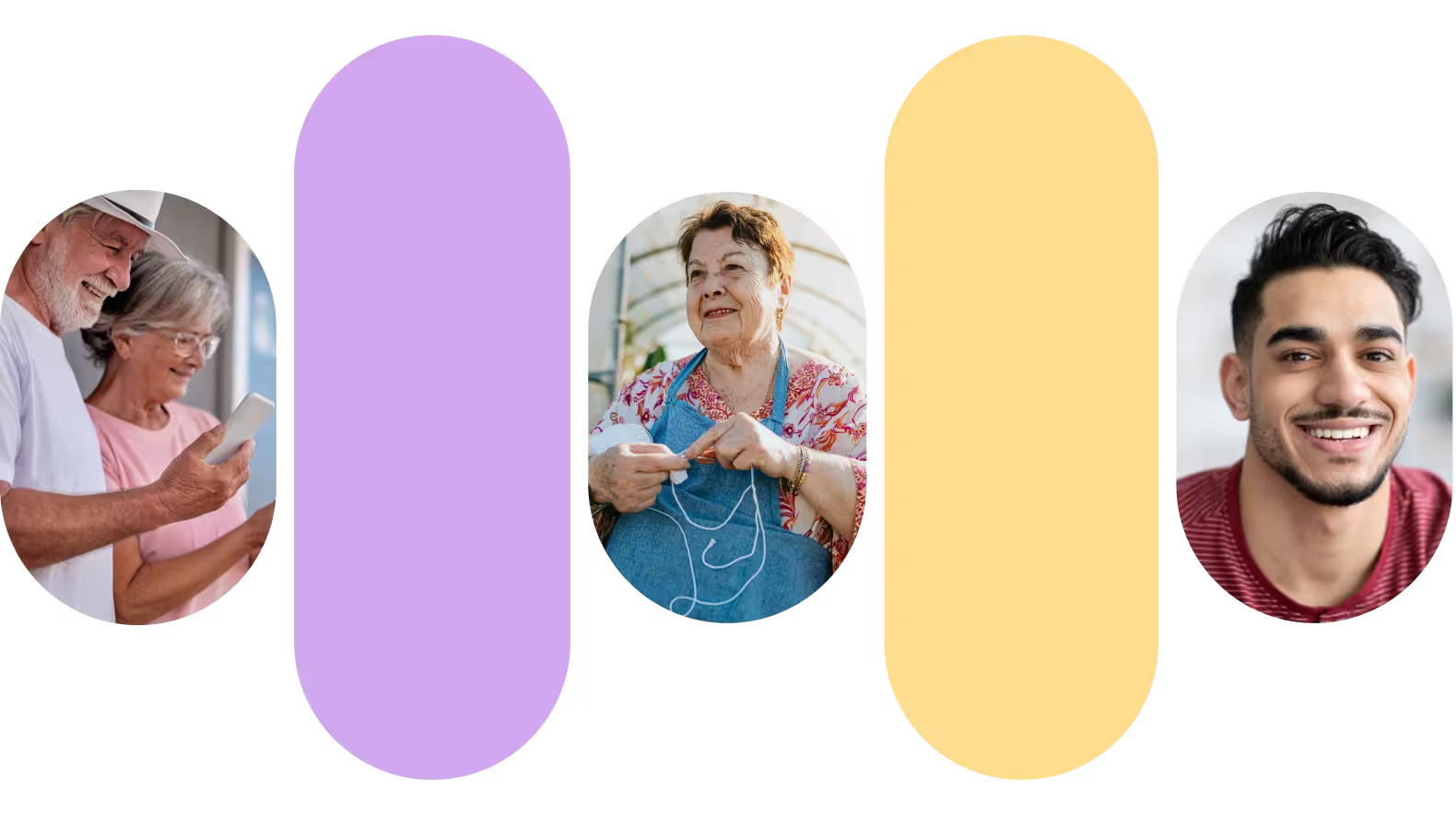How to Pick the Best Audiologist for You: A Comprehensive Guide
Looking for the best audiologist? This guide is a great start! Learn key things you need to consider when selecting an audiologist!

Finding the best audiologist can make all the difference in assessing your unique hearing needs and providing effective treatment options. This comprehensive guide will cover everything you need to know to pick the best audiologist for you, from understanding hearing loss and treatment options to evaluating if the audiologist is a good match. By the end of this guide, you'll feel empowered to make an informed decision and find the support you need to improve your hearing and quality of life.
If you or someone you know is experiencing hearing loss, finding the best audiologist is essential to getting the help and support you need.
This blog post will walk you through the steps to pick the best audiologist in your area.
What is an Audiologist?

Audiologists are healthcare professionals who identify, assess and manage disorders of hearing, balance and other neural systems. They can offer different solutions, from hearing aids to cochlear implants as well as suggest apps and resources that can assist your day to day. However, as with any provider, finding the best audiologist for your needs is important.
Audiologists can advise and offer remedies and treatments for almost every type of hearing loss, including:
- Hearing loss due to ototoxicity: Results from using certain medications.
- Hidden hearing loss: This form of hearing loss is not detectable on standard hearing tests.
- Sensorineural hearing loss: When the hair follicles in the cochlea become damaged due to loud noise exposure, head trauma, an inner ear infection, or a congenital anomaly.
Currently, a patient must be referred by their primary care physician or an ENT for insurance to pay for their evaluation.
Understanding Hearing Loss and Treatment Options
The first step to finding the best audiologist is understanding hearing loss and treatment options. There are different types and degrees of hearing loss; the proper treatment will depend on your situation.
Some common treatment options include hearing aids, cochlear implants, and assistive listening devices. Understanding these options will help you ask informed questions while searching for an audiologist near you.

Assessing Your Lifestyle and Communication Needs
Your lifestyle and communication needs are important factors when choosing a top rated audiologist. Do you work in a noisy environment? Are you involved in activities that require good hearing, such as playing music or participating in social events? Consider your daily activities and communication needs to find an audiologist who can provide the right level of support.

Research Best Audiologists in Your Area
Once you better understand your hearing loss and communication needs, it's time to start researching audiologists in your area. You can use online directories such as Webmd, Zocdoc, or those offered through your insurance provider or review sites to find local audiologists near you. Look for good audiologists who specialize in your type of hearing loss or treatment options, and read reviews from past patients to get an idea of their reputation.
Asking for Recommendations from Your Doctor or Friends and Family
Another way to find a good audiologist is to ask for recommendations from your doctor, friends, and family. They may be able to recommend an audiologist they have worked with in the past or know someone who has had a positive experience with an audiologist in your area.
Schedule a Consultation and Prepare for the Appointment
Once you have a list of potential audiologists, it's time to schedule a consultation. During this appointment, you can ask questions and learn more about the audiologist's experience and credentials. Before your appointment, list questions to ask and bring any relevant medical records or test results.
Some examples of questions to ask include:
- What is your experience with my type of hearing loss or treatment option?
- What treatment options are available to me, and which do you recommend?
- How will you evaluate my hearing and communication needs?
- How long will it take to get fitted for a hearing aid or other device?
- What kind of support do you offer after the initial fitting?
Evaluating Your Experience
After your appointment, take some time to evaluate your experience and assess the audiologist's communication skills and bedside manner. Did they listen to your concerns and answer your questions thoroughly? Did they take the time to explain different treatment options and help you make an informed decision? Did you feel comfortable and confident in their care? These are all important factors to consider.
Considering the Audiologist's Credentials, Experience, and Reputation
Finally, when choosing an audiologist, it's important to consider their credentials, experience, and reputation. Look for an audiologist nearby that is licensed and certified in your state and with experience working with patients with your hearing loss or treatment option. Check their reputation by reading reviews or asking for references.
Remember, your audiologist will be your long-term partner in hearing health, so when choosing one, focus on selecting a professional who makes you feel at ease, has comprehensive knowledge, and provides a range of advanced hearing devices for you to consider.














